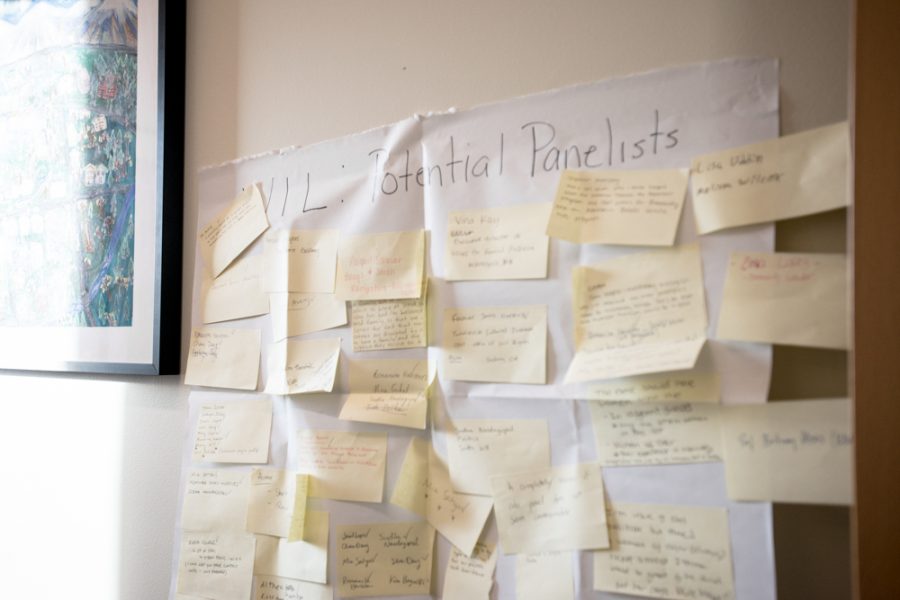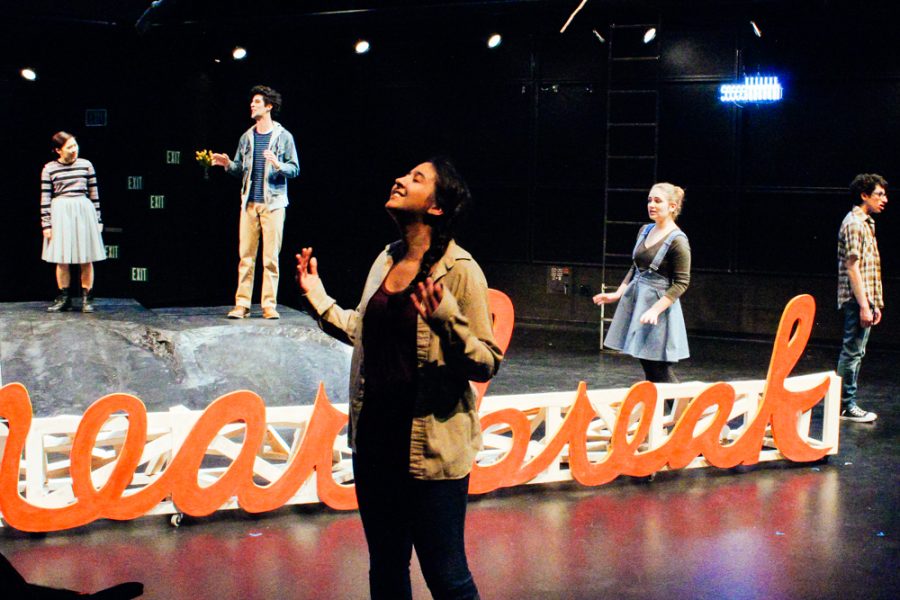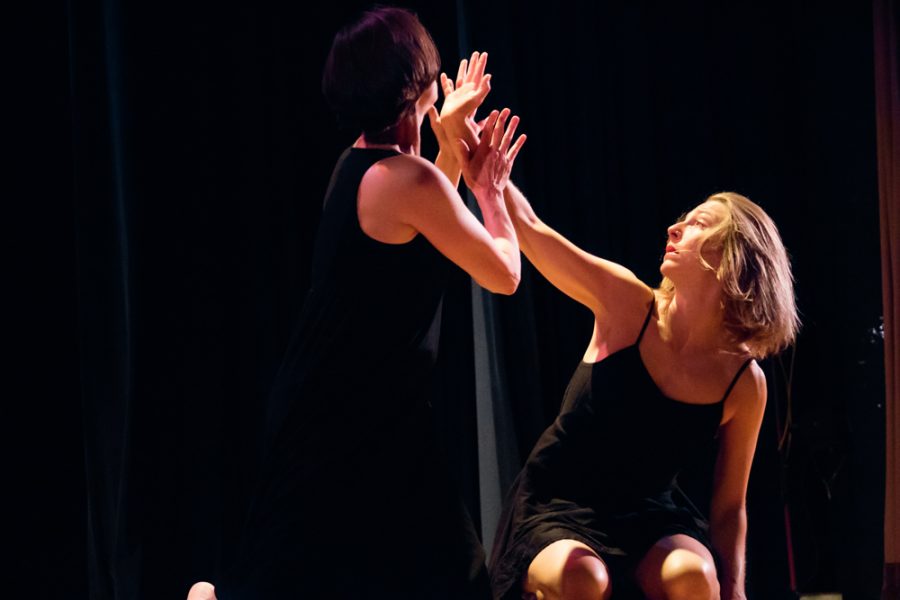
Ayaan Hirsi Ali, a woman’s rights activist and outspoken critic of Islam, spoke at Whitman on Wed., March 4 at 7 p.m. Her lecture was part of ASWC’s Public Speakers series.
Hirsi Ali’s lecture sparked controversy on campus, as evidenced by a slip of paper handed out with every program, entitled “What Ayaan Hirsi Ali Will NOT Tell You Tonight.” Distributed by a group of concerned faculty and students, it listed statistics arguing that Americans Muslims are “overwhelmingly mainstream and moderate.”
In her talk, Hirsi Ali presented two schools of thought about the clash between Western values and Islamic practices. The first school of thought holds that Islam is a religion of peace and that a small group of extremists distorts the Quran, misinterpreting the words of the Prophet Muhammad. The other school of thought, the one to which Hirsi Ali subscribes, argues that Islam is inherently at odds with the values of Western liberal democracies like the United States and the European Union.
“The more Islam you practice, the more intolerant you are,” Hirsi Ali said, her words provoking an audible response from the crowd. “The more Islam you practice, the more you’ll find yourself in company with Al Qaeda.”
At the end of her lecture, Ali held a question and answer session.
Senior Chad Brizendine was one of the more than a dozen students, faculty and community members that posed questions after Hirsi Ali’s presentation. He said he found Hirsi Ali’s responses to audience members’ questions disappointing.
“I feel like she spent a lot of the time dodging the critical questions.”
Kristin Ballinger, a sophomore, expressed her disagreement with parts of Hirsi Ali’s lecture.

“I was offended that she connected the Islamic immigrants’ economic dependence on welfare to their religious beliefs, instead of attributing it to their status as former third world immigrants who don’t have education or cultural literacy in the place that they’ve moved to,” she said.
Nevertheless, Ballinger appreciated Hirsi Ali’s boldness and enjoyed the opportunity to consider Islam in a global context.
“I think it was really important for us, especially in Walla Walla, to think about the enormous number of people in the world that are Muslim, and to enter into a dialogue about that,” she said.
Although some of the questions were fairly critical, Hirsi Ali appreciated the challenge.
“I thoroughly enjoyed the question and answer session: I liked the audience. I thought the questions were intelligent. I’m going away with a very positive feeling,” she said after the event.
To read the information sheet on Islam that was available at the lecture, visit the Web site for the Council on American-Islamic Relations at cair.com/AboutIslam/IslamBasics.aspx.






